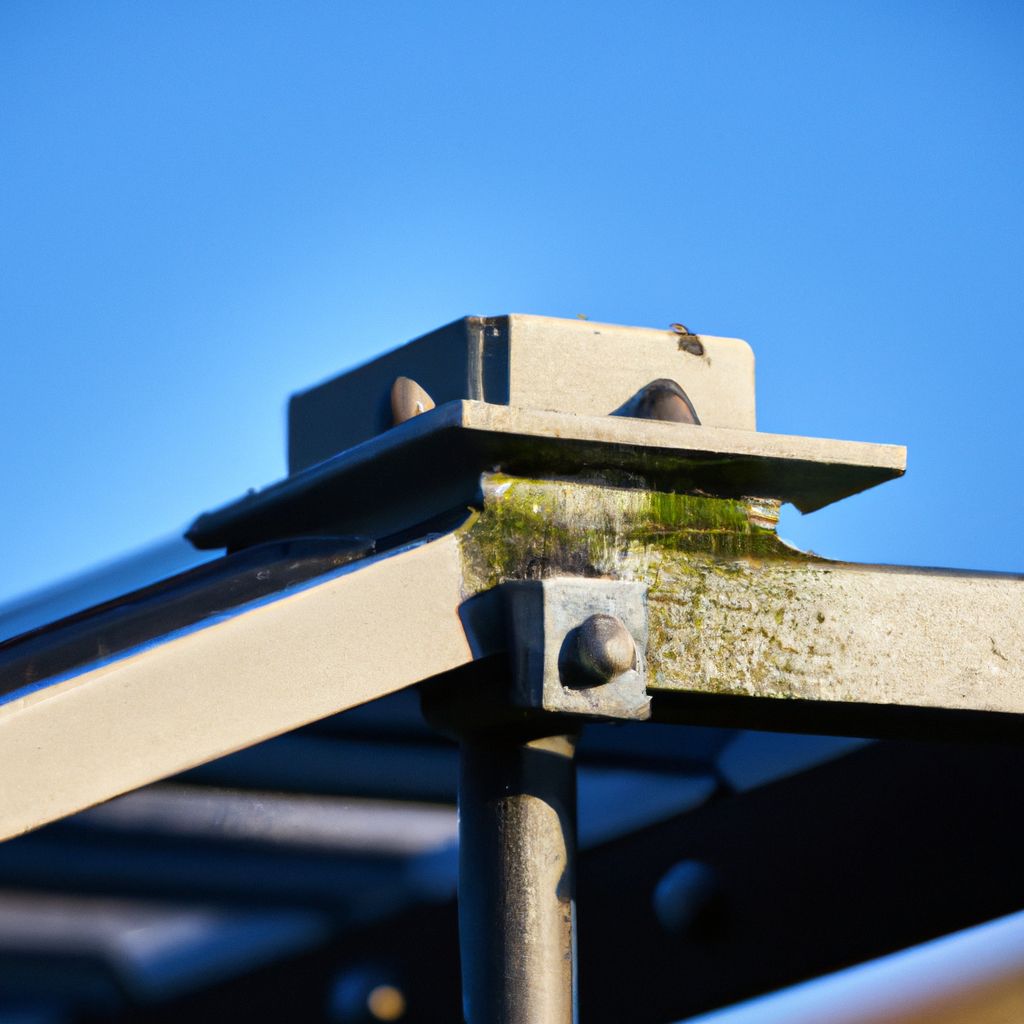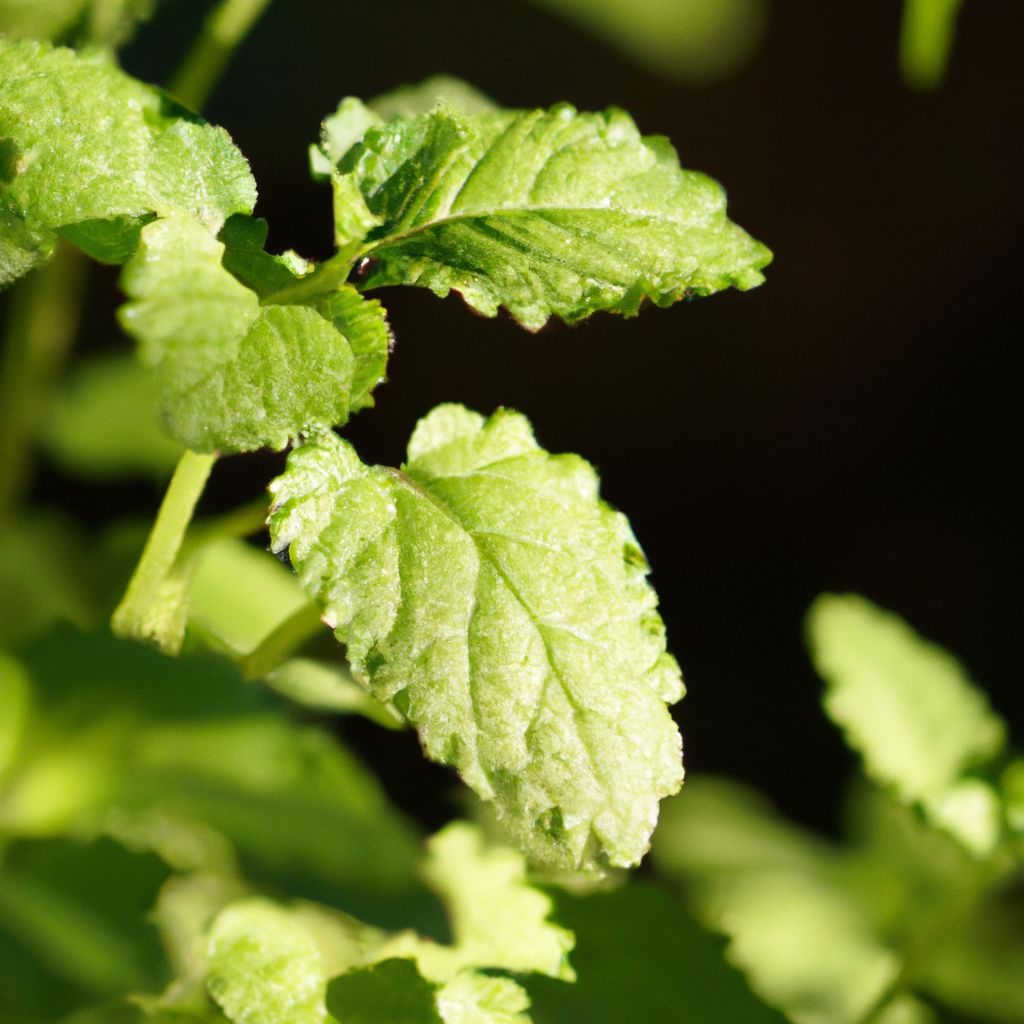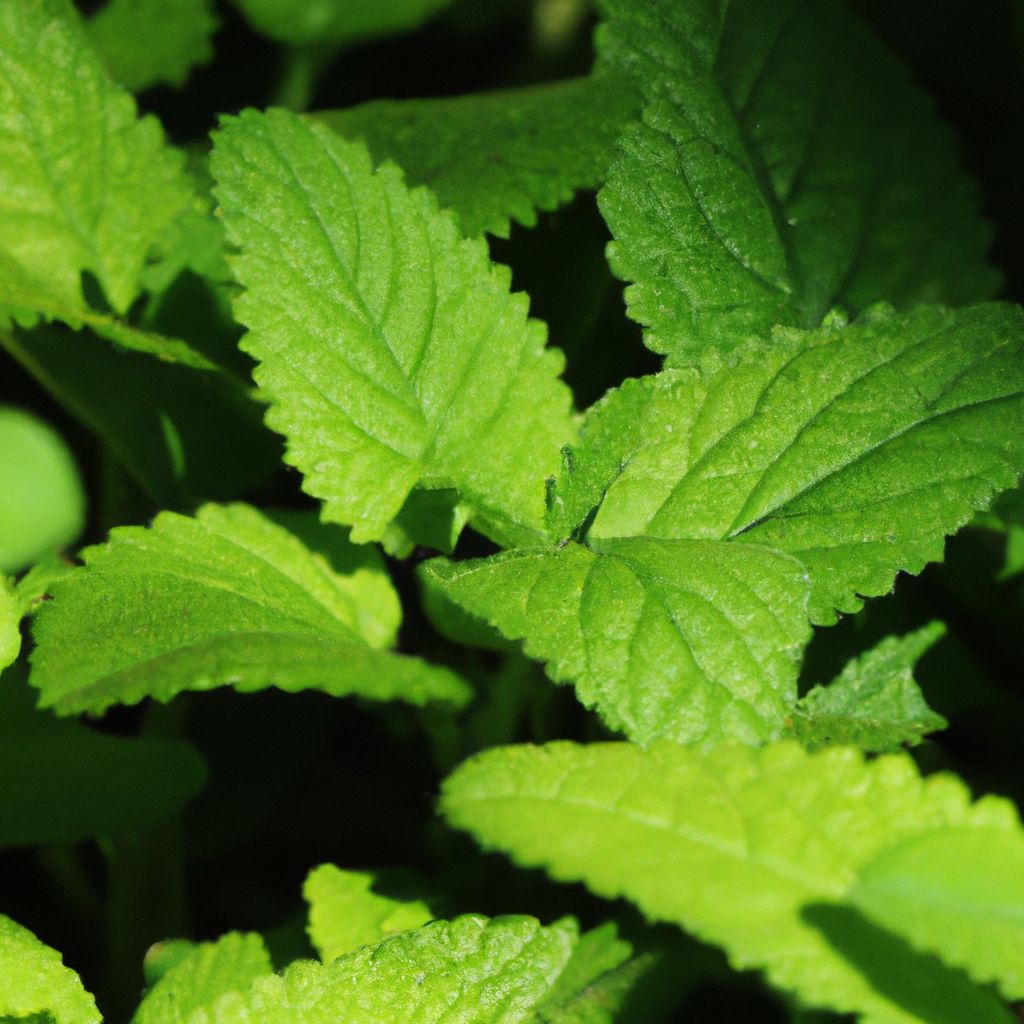While pigeons are often admired for their graceful appearance and gentle cooing, an overpopulation of these feathered creatures can quickly become a nuisance. Pigeons may seem harmless, but their presence can lead to significant problems if left unchecked. Their droppings can cause unsightly messes, corrode surfaces, and even carry diseases and parasites that pose health risks to humans. Additionally, pigeons can cause damage to structures by nesting in nooks and crevices, potentially blocking drains or ventilation systems. Read on to find out more about the most effective pigeons pest control methods.
Despite their beauty, pigeons can become a persistent nuisance when they invade our homes or businesses. Their droppings can create slippery and hazardous conditions, leading to potential accidents. Furthermore, the acidic nature of pigeon droppings can erode and damage buildings, roofs, and other structures, resulting in costly repairs. Implementing effective pigeon pest control measures is crucial to maintain a clean, safe, and healthy environment.
Why Pigeon Pest Control is Important
Pigeon pest control is essential for several reasons. Firstly, pigeon droppings can corrode surfaces and lead to costly repairs for buildings, vehicles, and other structures. Additionally, pigeons can nest in nooks and crevices, creating unhygienic conditions and potentially blocking drains or ventilation systems.
Perhaps most concerning, pigeon droppings can carry diseases and parasites that pose a threat to human health, especially for those with compromised immune systems. A true story highlights the importance of addressing pigeon infestations: In a bustling city, a rooftop garden attracted a flock of pigeons. As their numbers grew, so did the accumulation of droppings and feathers, creating a health hazard for employees working in the building. The acidic droppings damaged rooftop structures and contaminated the fresh produce. The company had to invest in professional pest control services to eliminate the problem, clean the area, and restore a safe and hygienic environment.
Effective Pigeon Pest Control Methods
When it comes to controlling pigeon infestations, various methods can be employed to discourage these birds from nesting or roosting in unwanted areas.
Exclusion Techniques
Exclusion techniques involve physically blocking off potential roosting or nesting sites. This can be achieved by installing netting, spike strips, wire mesh, or sealing off entry points. These physical barriers prevent pigeons from accessing these spaces, effectively deterring them from roosting.
One success story exemplifies the effectiveness of exclusion techniques. A commercial building in the city constantly dealt with pigeons roosting on ledges, causing exterior damage. After installing spike strips along the ledges, the pigeons were no longer able to land, leading to a significant decrease in their presence and the associated damage. As a result, the property owner maintained a cleaner and more presentable building, ultimately improving the overall image of the business.
Deterrents and Repellents
Deterrents and repellents can discourage pigeons from settling in specific areas. Visual deterrents like reflective surfaces, scarecrows, or predator decoys can trick pigeons into thinking there is a threat nearby, causing them to avoid the area. Auditory deterrents, such as ultrasonic devices or distress calls, can disrupt pigeons’ communication and nesting patterns.
Chemical repellents and taste aversion products can make surfaces unappealing for pigeons to land or roost on. These substances create an unpleasant taste or smell that discourages pigeons from the treated areas.
Trapping and Removal
Trapping and removal methods involve capturing pigeons using live traps and relocating them to more suitable habitats away from your property. This method should be carried out by trained professionals to ensure the welfare of the birds and compliance with local regulations.
Humane trapping and removal can effectively control pigeon populations and prevent further damage to your property. Regular maintenance and inspection of your property will help identify any potential entry points or attractants, allowing you to take preventive measures and discourage pigeons from returning.
Physical Barriers
Physical barriers, such as netting, spikes, wire systems, slopes, and angles, as well as electric tracks or strips, can prevent pigeons from accessing certain areas. Installing strong, fine-mesh netting creates a barrier that prevents pigeons from entering balconies, rooftops, or eaves. Placing spiked strips on surfaces where pigeons tend to roost, like ledges and window sills, can deter them from landing and perching.
Using wire systems with tension wires creates an unstable surface, making it difficult for pigeons to land or roost. Modifying architectural features by adding slopes or angled surfaces can discourage pigeons from landing and roosting. Additionally, installing electric tracks or strips provides a mild electric shock to birds, effectively discouraging them from the area.
These physical barriers are humane and do not harm pigeons; they simply create obstacles that make it inconvenient or uncomfortable for them to inhabit certain spaces. Correct installation and maintenance of these barriers are crucial to ensure their effectiveness in preventing pigeon infestations.
Choosing the Right Approach
When selecting the appropriate pigeon pest control method, several factors should be considered to ensure the most effective solution.
Factors to Consider
- Severity of infestation: The extent of the pigeon problem will influence the appropriate method. Minor infestations may require simple deterrents or repellents, while more extensive ones may necessitate trapping and removal or the implementation of physical barriers.
- Environmental impact: It is essential to choose eco-friendly solutions that do not cause harm to other beneficial wildlife or the environment.
- Cost-effectiveness: Different methods vary in terms of their upfront and long-term costs. Evaluating the budget and weighing it against the effectiveness of each method can help make an informed decision.
- Safety considerations: Safety should never be compromised when dealing with pest control. Choose methods that are safe for both humans and animals, minimizing any potential harm or risks.
- Efficiency of the method: Some techniques may deliver faster results than others, and it is crucial to choose a method that can effectively address the pigeon infestation in a timely manner.
When to Seek Professional Help
While some pigeon infestations can be managed through DIY methods, there are situations when it is advisable to seek professional assistance. If the problem persists or becomes difficult to manage on your own, it is recommended to consult with experienced pigeon pest control professionals.
These experts have the necessary skills, knowledge, and specialized equipment to effectively handle large-scale infestations and implement long-term solutions. They can assess the situation, offer safe and humane removal methods, and provide guidance on preventing future infestations.
It is important to address pigeon problems promptly and effectively, as these birds can pose risks to human health by carrying various diseases. By entrusting the task to professionals, you can protect the well-being of yourself and others while ensuring the humane treatment of the pigeons.
Proactive Measures
While addressing existing infestations is crucial, taking proactive measures to prevent pigeon problems from occurring in the first place can save you time, effort, and resources.
Tips for Preventing Pigeon Infestations
- Block access to nesting sites by sealing off any openings or holes in your building where pigeons could potentially nest or roost.
- Remove food sources by keeping outdoor areas clean and free of food scraps or garbage that can attract pigeons.
- Secure trash bins with tight-fitting lids to prevent pigeons from scavenging for food.
- Install bird spikes or netting on ledges, roofs, and other perching areas to make them unappealing for pigeons to land on.
- Keep trees and bushes trimmed to eliminate potential nesting spots.
- Use scare devices, such as reflective objects or predator decoys, to deter pigeons from your property.
- Apply non-toxic bird repellents that create an unpleasant taste or smell to discourage pigeons from landing or roosting.
- Maintain cleanliness by regularly cleaning up bird droppings, as they can attract more pigeons and pose health risks.
By implementing these proactive measures, you can significantly reduce the likelihood of a pigeon infestation and the associated problems that come with it.
Reclaiming Your Space
Pigeons can be persistent pests, but with the right approach, you can effectively manage their presence and reclaim your space. Whether you choose exclusion techniques, deterrents, trapping and removal, or physical barriers, it’s important to consider the factors that will ensure the most suitable and effective solution for your specific situation.
Remember, prevention is key. By taking proactive measures to eliminate potential food sources and nesting spots, securing trash bins, and utilizing scare devices, you can significantly reduce the likelihood of attracting pigeons to your property.
However, if you do find yourself dealing with a persistent pigeon problem, don’t hesitate to seek professional assistance. Experienced pest control experts have the knowledge and tools to safely and humanely address even the most challenging infestations, ensuring a long-term solution for a pigeon-free environment.
By taking the necessary steps to control pigeon populations and implementing proactive measures, you can reclaim your space and maintain a clean, safe, and pigeon-free environment for years to come.
Frequently Asked Questions About Pigeon Control Measures
How do I get rid of pigeons on my property?
To get rid of pigeons on your property, you can start by eliminating their access to food sources, securing trash cans, and removing potential nesting spots. Using deterrents such as bird gels, anti-bird spikes, and parallel wires can prevent pigeons from landing or nesting near your home. It’s best to consult with a professional pest control company for more effective and humane methods.
Can I use practical traps to remove pigeons from my home?
While traps can be used to remove pigeons that have entered your home, it is recommended to contact a professional for assistance. They have the expertise to handle the situation safely and effectively, ensuring the well-being of both you and the pigeons.
Are there any legal restrictions on killing pigeons?
Killing pigeons is generally illegal under the Wildlife and Countryside Act of 1981. It is best to focus on repelling and deterring pigeons rather than resorting to lethal methods. Consult with pest control professionals for legal and ethical solutions.
How can I protect my car paint from pigeon droppings?
To protect your car paint from pigeon droppings, it is important to eliminate access to roosting and nesting spots near your parking area. Utilize deterrents like decoy kites, lasers, and scare devices to keep pigeons away. Regularly cleaning your car and promptly removing any droppings can also help minimize damage.
Can pigeon feces pose health risks?
Yes, pigeon feces can carry diseases and parasites that can pose health risks to humans. The corrosive nature of the droppings can also cause damage to surfaces. Proper precautions, such as wearing gloves and a mask when cleaning up pigeon droppings, should be taken to minimize the risk of disease transmission.
When should I consider seeking professional help for pigeon pest control?
If you are dealing with a larger scale pigeon problem or have tried DIY methods without success, it is advisable to seek professional help. Pest control companies have the expertise, tools, and knowledge to effectively address more persistent pigeon infestations and provide long-term solutions.
How do pigeon deterrents work?
Pigeon deterrents work by making an area unappealing or uncomfortable for pigeons to roost or nest. Visual deterrents like reflective surfaces or predator decoys can trick pigeons into thinking there is a threat nearby. Auditory deterrents disrupt their communication and nesting patterns, while chemical repellents create an unpleasant taste or smell on surfaces.
Are exclusion techniques effective for preventing pigeon infestations?
Yes, exclusion techniques can be highly effective in preventing pigeon infestations. By physically blocking off potential roosting or nesting sites with netting, spike strips, or wire mesh, pigeons are unable to access these spaces, deterring them from roosting or nesting there.
Can pigeons cause damage to buildings?
Yes, pigeons can cause significant damage to buildings if left unchecked. Their acidic droppings can corrode and erode surfaces over time, leading to costly repairs. Additionally, pigeons may nest in nooks and crevices, creating unsightly and unhygienic conditions, as well as potentially blocking drains or ventilation systems.
Are there any humane methods for removing pigeons?
Yes, there are several humane methods for removing pigeons, such as trapping and relocation, and the use of deterrents and repellents. It is important to avoid lethal methods and instead focus on deterring and discouraging pigeons from nesting or roosting in unwanted areas. Professional pest control services can provide safe and humane removal methods./p>





















































